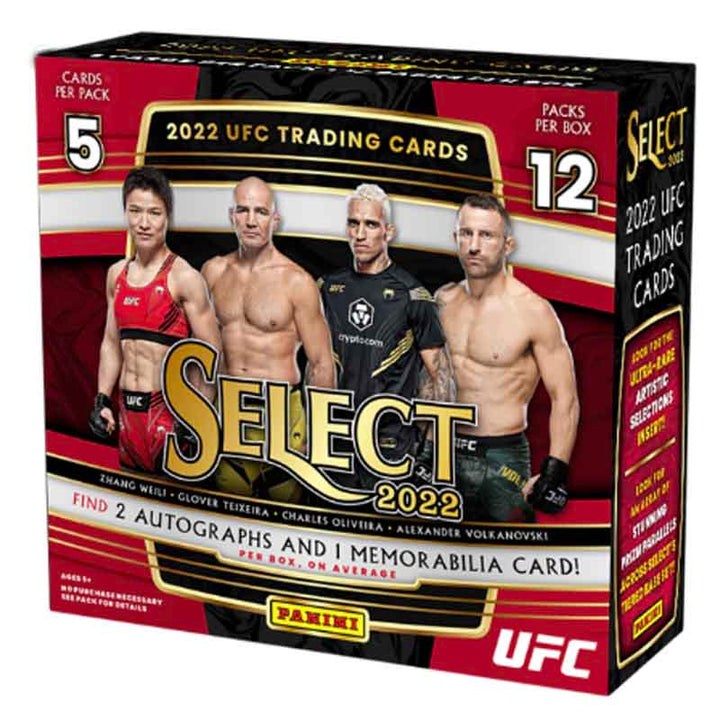Investing in Sports Cards: A Guide to Long-Term vs. Short-Term Gains

Sports and baseball card investing has long been an inaccessible option to most casual collectors, whether that’s because of the sheer variety of options in the market or how difficult it used to be to get new cases. Thankfully, we now have access to the latest and greatest sports cards online, along with stores that ship out valuable singles at a great discount.
There has never been a better time to build a valuable sports card collection. Use this guide to find out how to make yours in no time.
Short-Term vs. Long-Term: What’s The Difference?
Even though there are thousands of different sports card lines to consider as a collector, it’s actually pretty easy to break them down into a few different categories when it comes to value.
Short-Term Gains
Investing in sports cards is surprisingly similar to stocks at a distance. While certain expert investors will tell you to hold equity for years on end to maximize profits, others will play with risky options trading to turn a massive profit in days. We can also apply this principle to sports cards.
Take short-term baseball card investing as an example. The new trend is to secure a baseball card box pre-sale at the rated price only to flip it just days later for an exorbitant gain. This is easier said than done as tons of experienced collectors will place their orders months in advance leading to stock shortages near the release date. On the other hand, this also drives prices and profits up for those who do manage to get their hands on a case early.
Short-term investing in sports cards is all about being the first in line, just look at the investors that recently flipped the new Panini Immaculate basketball cases for a quick profit!\
Long-Term Gains
Long-term investors will generally pivot away from Day 1 releases to focus more on relatively vintage cards that can reliably appreciate in value over the years. You don’t know if a rookie like MLB’s Hunter Greene will manage to carve out an enduring legacy over the decades, but you can bet on a Rickey Henderson card to retain its value over time.
Collectors investing in sports cards go for long-term plays as they can be surprisingly resistant to market conditions. For example, you might not know that sports cards were some of the least affected assets during the 2008 financial crisis.

It’s not all about vintage baseball card investing when it comes to long-term gains. Daring investors will also invest in sports cards by spending on promising new rookies that display the potential to blow up in popularity later on. This is a great option for budding investors who don’t have the capital for pricey vintage cards.
Take basketball cases as an example. Something like a Panini National Treasures basketball case is much more affordable and comes with tons of guaranteed autographed rookies.
The Step-By-Step Guide
Building a basketball card or baseball card investment strategy is easier than you might think. Here is everything you need to know:
1. Timeline: You need to decide whether you’re prioritizing long or short-term profits before investing in sports cards. This will help you decide which cases and cards to spend on later, so it needs to be the first step in your plan. You can also go with a hybrid strategy that targets both, but we would recommend keeping it simple for a beginner.
2. Start Small: You don’t need to begin looking for a vintage Mickey Mantle card when you’re just starting out as a general sports or baseball card investor. Sensible investors will often prioritize rookies and prospects. Boxes like the Donruss Optic basketball line contain a larger percentage of rookies which are ideal for new long-term collectors. There is no guarantee that your new prospect will make it big in the big leagues later on, but the cases are cheap enough to be worth it for long-term investors.

3. Topps or Panini?: Panini sports cards might not have the MLB license as Topps does, but they still make great collections like the Panini Chronicles set. However, most collectors prefer licensed Topps sports card cases for long-term value. Find out the brand that provides more value for your favorite sport when building an investment strategy.
4. Assessing Cards: You’ll need to know how to assess value before investing in sports cards. Your best bet is to stick to singles that have been rated by companies like the Professional Sports Authenticator (PSA). These cards go through a rigorous process that tests extensively for environmental and incidental damage, and even the smallest dents can plummet a card’s value from a 10 to a 5.
Similarly, you should also protect your own rare pulls with card sleeves to keep them in mint condition. You never know when you might pull your best parallel in baseball card investing.
5. Diversify!: It’s never a good idea to put all your eggs in one basket when investing in sports cards. In other words, don’t go all-in on one particular line or sports trading card brand hoping that it’ll appreciate later when investing in sports cards. Investing in different sports like the UFC or football is a good way to ensure your collection holds its value even when one industry is performing poorly.

Build The Ultimate Collection Today
Now that you’re all up to speed on the best strategies to build a valuable collection, you’re all set to get out there and start hunting. Keep your long/short-term strategy in mind when shopping online or at a local card shop so you don’t get side-tracked by other eye-catching options (we’ve been there!).
To find the best upcoming sports card releases and sealed sports card boxes for basketball and baseball card investing, keep it locked to Giant Sports Cards. Whether it’s at our Atlanta store or at our online sports card store, you’ll find amazing deals on the most valuable cases on the market, along with fast and free same-day shipping on orders over $199 or free local pickup. Invest in sports cards and take your collection to the next level today!












